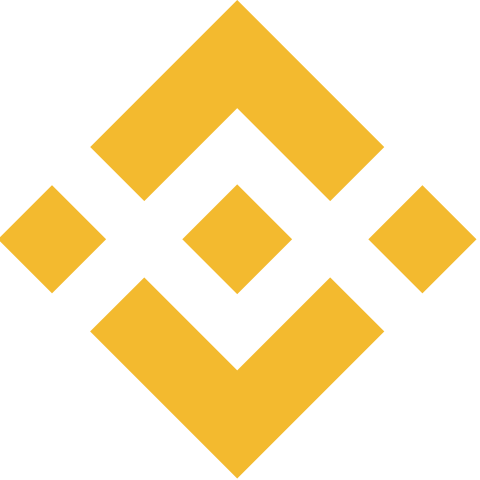
Funds a variety of projects, providing documentation, tutorials, and tools for development.

Offers up to 60,000 CHF to Javascript developers for building Blockchain Applications.
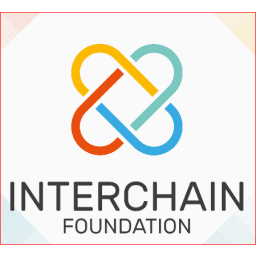
Grants for developing applications and ideas for the interoperable blockchain, Cosmos.

Offers grants to accelerate the adoption of the new main net, ranging from infrastructure to applications.

Provides up to USD 290M for the growth of scalable application-specific blockchains.

Community-led grants program focusing on empowering a wider network of community developers.

Offers a collection of tamper-proof, automated solutions with documentation and community support.

Funds Ethereum-based projects, offering easy scalability and optimal conditions for dApps.

Community-curated grants for community projects, promoting growth and long-term sustainability.

Offers “Next Step Microgrants” and “Open Dev Grants” to support new applications built with Filecoin.

Aims to ensure the sustainability of the ecosystem that supports the protocol’s growth.

Offers multiple funding options for initiatives aimed at decentralizing and innovating on NEAR.

Offers multiple grants and funding sources totaling 30 billion of their native token, XLM.
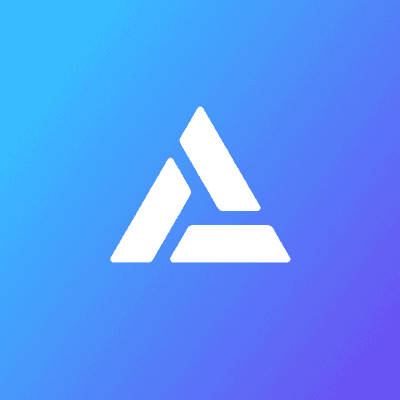
Single grant program, WAGBI, to support community developers in building projects.
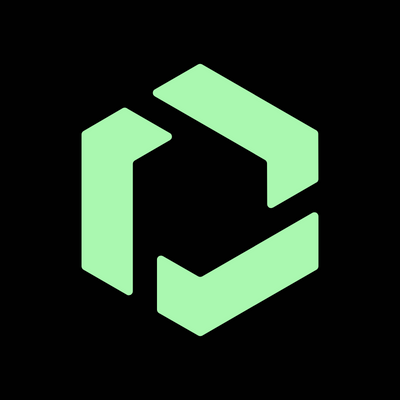
A decentralized platform that enables quick and easy creation and deployment of blockchain-based apps.

Supports a variety of projects within the Moonbeam ecosystem for cross-chain connected applications.
Deploys resources to entities and initiatives for the long-term success of the Tezos blockchain.

Announced two new community investment programs: Ecosystem Grants and OpenSea Ventures.
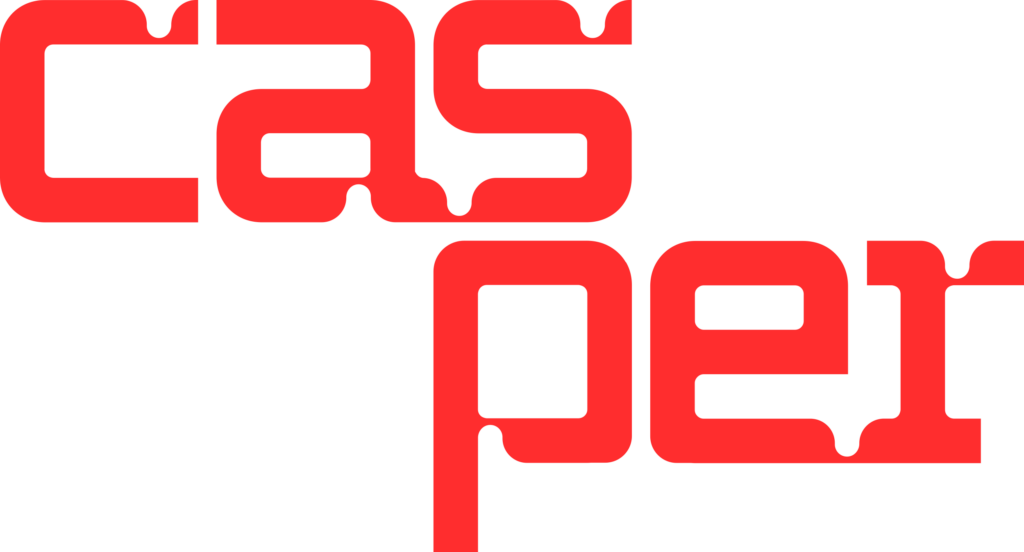
A $25M initiative to support projects and developers building on the Casper Public Mainnet.

Offers grants and developmental assistance to projects using Composable’s technology.

Created to empower innovation and development and support a diverse and thriving ecosystem.

Aims at fueling builders, doers, and leaders working towards a safer, more open internet powered by Bitcoin.

Axelar Grant Program funds Web3 projects, offering two types of grants and biweekly evaluations.

Zilliqa offers various funding opportunities for projects in areas like finance dApps, gaming, NFT marketplaces, and more.
RENEC’s Grant Program fosters growth, innovation, and adoption in blockchain, supporting developers and entrepreneurs.
Blockchain grants are financial awards provided to individuals or organizations to support the development of projects or initiatives that use blockchain technology. These grants may be provided by governments, private companies, or other organizations, and they are typically awarded to projects that show potential to advance the development and use of blockchain technology.
The Blockchain grants may be used to fund a wide range of projects, from the development of new blockchain-based applications and services, to research and development efforts, to the creation of educational resources about blockchain technology.
Blockchain grants are getting more popular among the different blockchain networks and protocols around the crypto and blockchain industry. Often the grants are given out to strengthen the value of the different blockchain projects and organizations. Usually, the more projects that are built on the blockchain the more value the whole ecosystem gets, and therefore offering grants can be a good way to expand the network.
Most of the projects have had some kind of fundraising initiative from the start of the project. Some examples can be crowdfunding, ICO (Initial Coin Offerings), NFT (Non-fungible Token) sales, and other various types of offerings.
Some projects are open for general blockchain grant applications while others have more detailed requirements and in some cases even guidelines and proposals of how to make your application. Some blockchain grants offer clear instructions on the type of projects that are more probable to receive grants.
If you have a blockchain application project in mind and are looking to get a grant to expand your idea to a real blockchain application you have a lot of opportunities.
Find Blockchain Grants is an organization that strives to expand the blockchain industry by offering developers and blockchain enthusiasts the tools and information to find blockchain grants that fit their needs and ideas.
There are many different types of applications that can be developed using blockchain technology. Some examples of applications that are commonly developed on blockchain platforms include:
Cryptocurrencies and digital assets: Blockchain technology is the foundation for many popular cryptocurrencies, such as Bitcoin and Ethereum. These applications use blockchain to create digital tokens that can be exchanged for goods and services, or traded on digital asset exchanges.
Supply chain management: Blockchain can be used to create transparent and immutable record of transactions within a supply chain, enabling all stakeholders to see the entire history of a product from its origin to its final destination.
Identity and access management: Blockchain can be used to create decentralized systems for managing and verifying digital identities, enabling secure and efficient access to online services and resources.
Voting systems: Blockchain technology has the potential to revolutionize the way we conduct elections, by enabling secure, transparent, and verifiable voting systems that are resistant to fraud and tampering.
Predictive markets: Blockchain can be used to create decentralized platforms for predicting the outcome of events, enabling users to earn rewards for correctly forecasting the future.
These are just a few examples of the many different types of applications that can be developed using blockchain technology. The potential uses for blockchain are limited only by the imagination of developers, and new applications are being created all the time.
There are many different types of blockchain grants, and the specific terms and conditions of these grants can vary widely. Some examples of different types of blockchain grants include:
Research and development grants: These grants are typically awarded to individuals or organizations conducting research into the potential applications of blockchain technology. These grants may be used to fund the development of new blockchain-based applications, or to conduct research into the potential use cases for blockchain technology.
Start-up grants: These grants are typically awarded to early-stage startups working on projects that use blockchain technology. These grants may be used to provide funding to help these startups get off the ground and begin developing their projects.
Community grants: These grants are typically awarded to individuals or organizations working to build and support communities around blockchain technology. These grants may be used to fund events, meetups, or other initiatives that help to bring people together to learn about and discuss blockchain technology.
Education grants: These grants are typically awarded to individuals or organizations working to create educational resources about blockchain technology. These grants may be used to fund the development of educational materials, such as books, videos, or courses, that can help people learn about blockchain and its potential applications.
Again, these are just a few examples of the different types of blockchain grants that may be available. The specific terms and conditions of these grants can vary widely, so it is important to research and compare different grant programs to determine which ones may be the best fit for your project or needs.